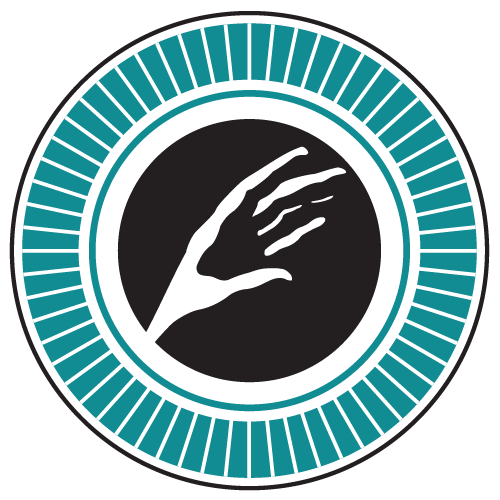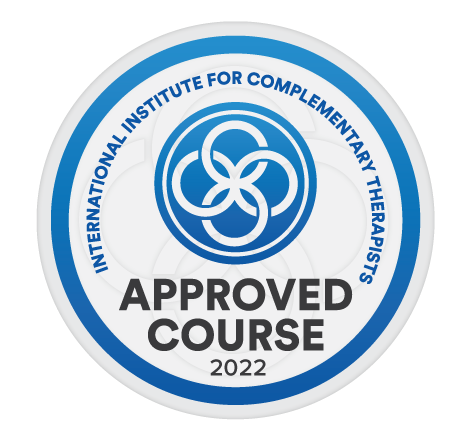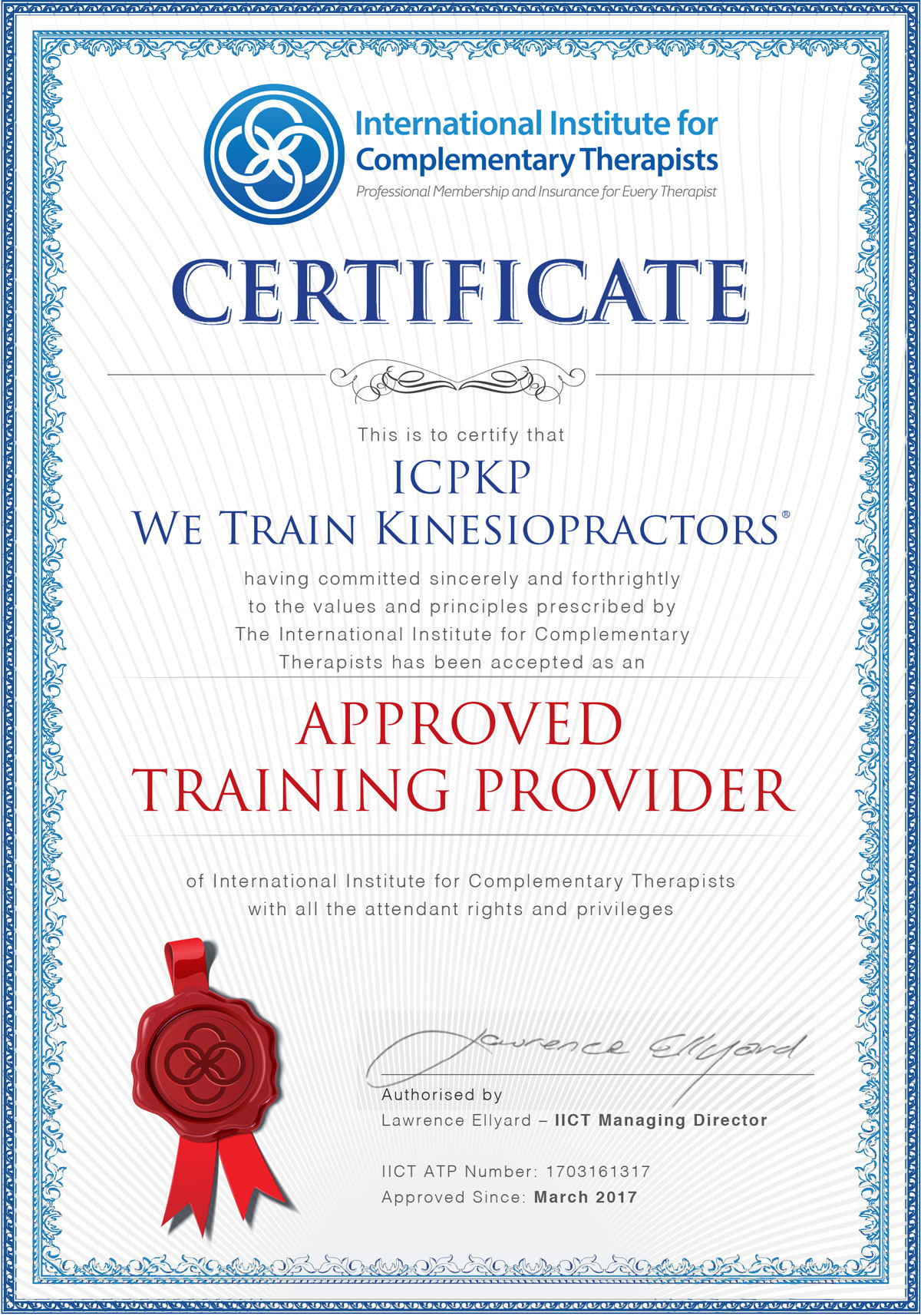Foundational Principles of Kinesiology™
Prerequisite: None
The 6 units of kinesiology material that form the foundational principles of the ICPKP courses including those that are also taught to the lay-public.
On completing FPK 1, you will receive the International Certificate in High Level Wellness And Vitality.
Kinesiology is usually described as the study of movement, particularly human movement. This course introduces you to both the basics of kinesiology and also to the basics of PKP (BKP101 – BKP105 & RBT 201), the open-ended approach of Dr Bruce Dewe MD who is one of the Founding Fathers of kinesiology.
The ICPKP training starts with students learning by experiencing the techniques on themselves. They expand their awareness, learn to self-test, evaluate change as they carry out energiser and other foundational techniques of self care on themselves before touching another person. They also learn the art of comprehensive goal setting.
The next unit teaches the power of touch and the finesse required as a PKP practitioner. Now they revise skills learn as they work with each other and add more techniques. Each new unit adds to the skills, techniques and more complex understanding and balancing with 5 Element principles, colour, sound, meridian connections, acupressure points and more muscles to test and balance.
RBT 201, the clinical body touch and draping unit, develops confidence, professionalism and skill in using kinesiology techniques relating to body contact. You learn how to palpate, massage and how to drape a client to maintain modesty and warmth while working on an exposed area.
This course includes:
| Code | Name | Type |
|---|---|---|
| BKP101-en | Energisers and Self Care | LDP |
| BKP102-en | Proficient Manual Muscle Testing | LDP |
| BKP103-en | Introduction to the Law of 5-Elements | LDP |
| BKP104-en | The Body’s Superficial Energy Connections | LDP |
| BKP105-en | The Law of 5-Elements In Depth | LDP |
| RBT201-en | Clinical Body Contact, Palpation and Draping | LDP |
LDP = Lecture, Demonstration, Practice.
HS = Home Study
OC = Off campus (taken with an external provider)


